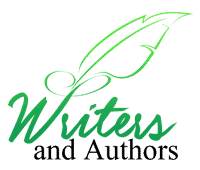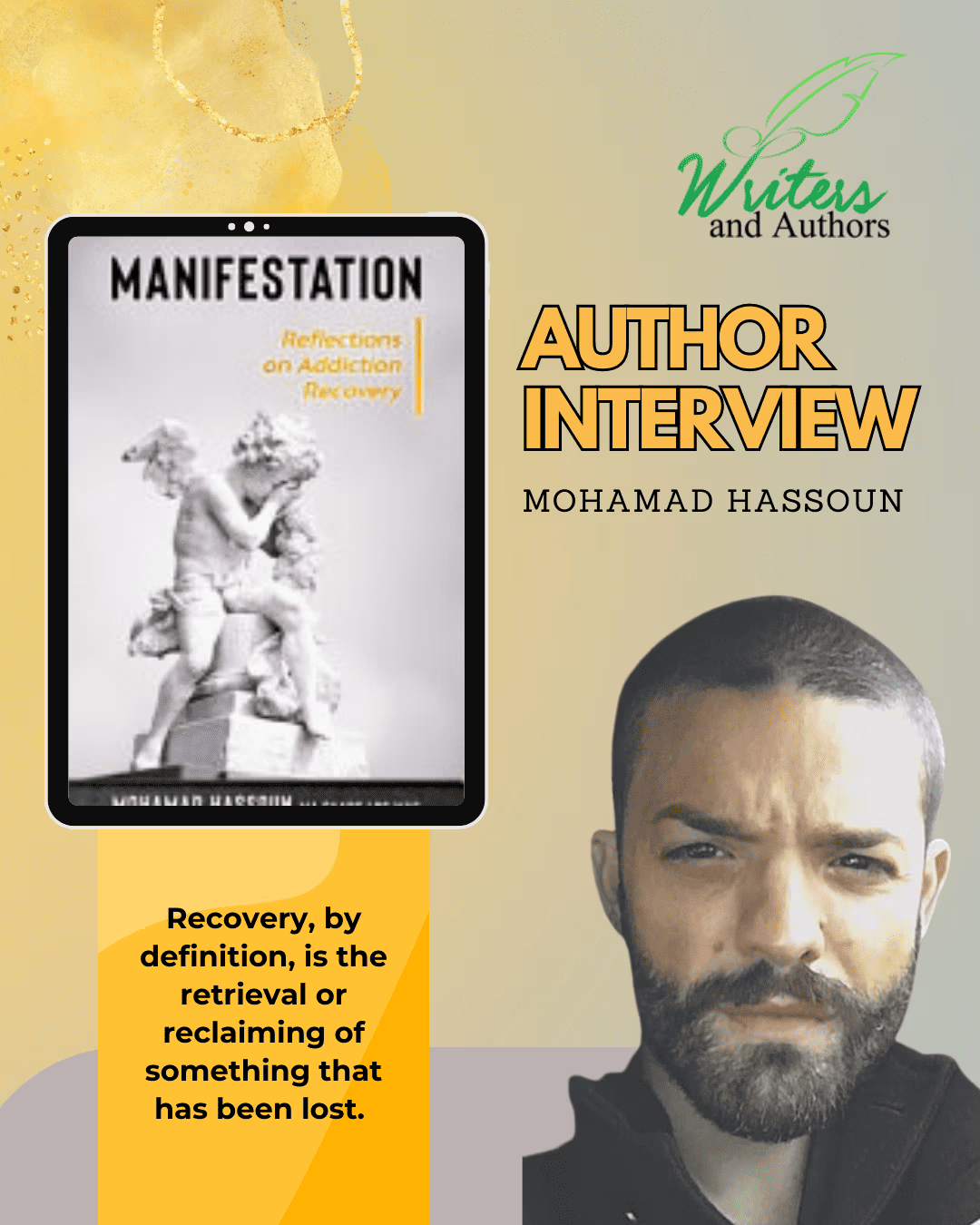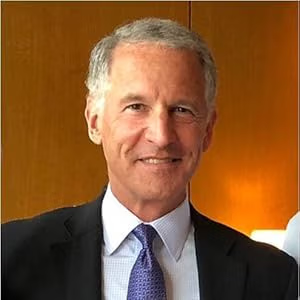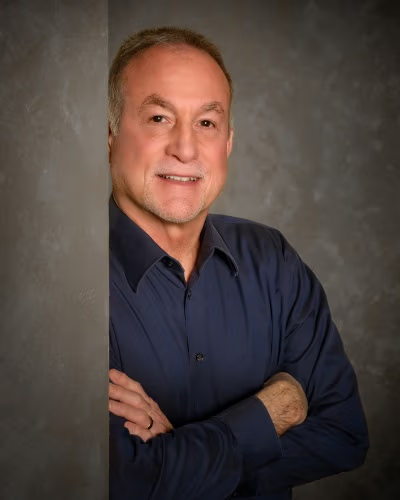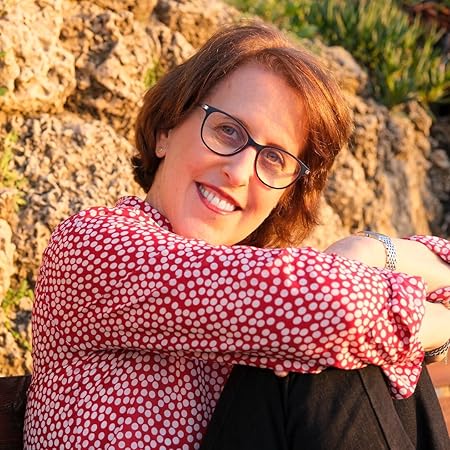[et_pb_section bb_built=”1″][et_pb_row][et_pb_column type=”4_4″][et_pb_text _builder_version=”3.16.1″]
Author Interview with Mohamad Hassoun
The Writer of Manifestation – Reflections on Addiction Recovery
Authors Website www.premiercounselingllc.com
Mr. Hassoun is a native of Lebanon from the city of Ghazieh. He is a fully licensed professional counselor (LPC), a certified advanced alcohol and drug counselor (CAADC) in the state of Michigan and obtained his Master Addiction Counselor (MAC) credential from the National Certification Commission for Addiction Professionals. Mr. Hassoun’s experience encompasses servicing clients in outpatient clinical settings, private practice, and (inpatient) residential/correctional and hospital treatment settings.
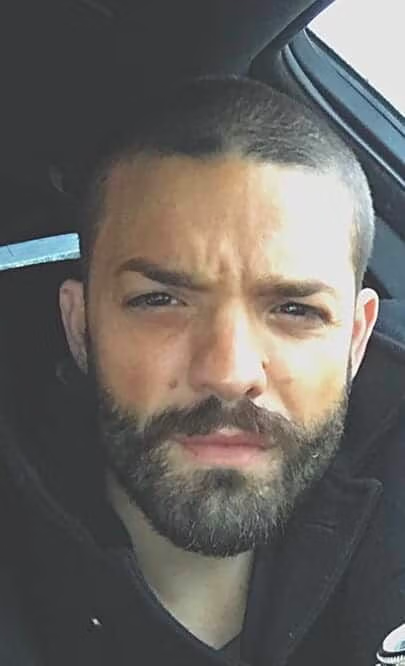 Recovery, by definition, is the retrieval or reclaiming of something that has been lost. Addiction Recovery is a process of weakening and/or extracting resistance that is manifested in many forms.
Recovery, by definition, is the retrieval or reclaiming of something that has been lost. Addiction Recovery is a process of weakening and/or extracting resistance that is manifested in many forms.
This reading is a group of reflections that focus on the manifestations of the addiction process from resistance to recovery.
The content in part I reveals insight on resistance elements that fuel addiction; denial, ego, codependency, reservations, expectations, resentments, etc. The most common relapse traps are identified at the end of part I.
Part II explores the dynamics of change, motivational forces, self-assessment questionnaire, versions of the self and recovery elements. Cases are used to share various challenges faced by patients served with insight on resolutions.
What made you write a book about addiction recovery? The inspiration for writing this book arrived from patients I have serviced in a drug rehabilitation facility. After group process meetings and educational sessions, many patients would inquire about gaining access to the insight that was shared. It made sense to group the reflections in a collective form and offer it as a supported reading in aftercare. The book is educational in nature and has reminders on crucial addiction recovery elements.
There are many books out there about addiction recovery, what makes yours different? Every book written in the addiction field serves a purpose and I view fellow writers in the behavioral health field as carriers of messages. I operate from a holistic approach and utilize acceptance and commitment therapy (ACT).
The core conception of ACT is that psychological suffering is usually caused by experiential avoidance (compulsive escape from suffering) and cognitive entanglement (overattachment to conditioned thinking). This results in psychological rigidity.
The book explores ACT methods that utilize various principles to help individuals develop psychological flexibility: Cognitive de-fusion, emotional purging, acceptance, mindfulness, self-observation/self-actualization, value clarification, and commitment to vitality.
 In your book you state that pain and suffering are not problems, but the relationship individuals have with pain and suffering is the real problem, why is that? Addiction is a manifestation of an original problem. No one is born addicted; however, individuals acquire addictions over time. Addiction is a brain disease. Many studies and brain scans evidenced dysfunction in brain circuits that lead to characteristic biological, psychological, social, and spiritual manifestations. This is reflected in an individual pathologically pursuing reward and/or relief by substance use and other behaviors.
In your book you state that pain and suffering are not problems, but the relationship individuals have with pain and suffering is the real problem, why is that? Addiction is a manifestation of an original problem. No one is born addicted; however, individuals acquire addictions over time. Addiction is a brain disease. Many studies and brain scans evidenced dysfunction in brain circuits that lead to characteristic biological, psychological, social, and spiritual manifestations. This is reflected in an individual pathologically pursuing reward and/or relief by substance use and other behaviors.
If we successfully treat the disease of addiction, don’t you think we also need to address what fueled the development of addiction as well?
This involves attending to behavioral and mental patterns that may cause future suffering or diminish the ability to function in life beyond abstinence.
Despite that addiction is a chronic, progressive and relapsing brain disease, it has the potential for recurrence and recovery.
Do you have another profession besides writing? My profession revolves around human health services with a specialty in addiction and mental health. I offer counseling services full time at a substance abuse hospital and I operate from an outpatient counseling clinic part-time
What is the last great book you’ve read? My favorite book is called “The Prophet” by Khalil Gibran. It is composed of prose poetry fables filled with mysticism. I own a copy that I intend to gift my daughter.
Favorite travel spot? I enjoy nature and especially in tropical settings. My goal is to retire in the island of Maui, Hawaii.
Favorite dessert? I have a weakness for dark chocolate. In summary, I am in love with the cocoa tree.
If there is one thing you want readers to remember about you, what would it be? I aim to serve a purpose and as my guide once told me “You are a carrier of a message like all living creatures, your purpose is to receive and send messages”. The ultimate lesson I learned is the importance of connection to all beings including oneself.
[/et_pb_text][/et_pb_column][/et_pb_row][/et_pb_section]
